Earlier this month I completed student observation hours at my old high school on Long Island. My work was simple—it included taking notes, passing out papers, and witnessing the disorder within an eleventh grade English class. For a portion of the school day, I could discuss Hamlet with a few uninterested groups, but that’s about the extent of the excitement. On my final day, I was rummaging through some papers on an English department desk, and I came across a project rubric that sparked my curiosity. The assignment was titled “Has Social Media Taken Over Our Lives?” After scanning the rubric, I gathered that the students would be tasked with examining their peers’ addiction to social media as well as forfeiting their cell phone for a week (I’m eager to see how that requirement went over). I don’t know which high school teacher organized the project, and I am afraid that I will never learn the students’ results, but the idea pushed me to do some investigating of my own. Over the weekend I conducted short, cross-generational interviews in order to access the control that communicative technology, specifically social media, texting and telephoning, wields over us. I asked my roommate, my mom, and my grandma a few questions pertaining to their usage/opinion of communicative technology and despite severe differences, all three individuals ultimately offered an identical conclusion.
On my final day, I was rummaging through some papers on an English department desk, and I came across a project rubric that sparked my curiosity. The assignment was titled “Has Social Media Taken Over Our Lives?” After scanning the rubric, I gathered that the students would be tasked with examining their peers’ addiction to social media as well as forfeiting their cell phone for a week (I’m eager to see how that requirement went over). I don’t know which high school teacher organized the project, and I am afraid that I will never learn the students’ results, but the idea pushed me to do some investigating of my own. Over the weekend I conducted short, cross-generational interviews in order to access the control that communicative technology, specifically social media, texting and telephoning, wields over us. I asked my roommate, my mom, and my grandma a few questions pertaining to their usage/opinion of communicative technology and despite severe differences, all three individuals ultimately offered an identical conclusion.
I began with my roommate, an eighteen-year-old female just like myself, in order to represent my own generation. Victoria confessed to spending roughly three hours a day texting, calling, emailing and skimming through social media. Her critique of the technology is that her cellphone/laptop battery dies too often, and that spellcheck/autocorrect fail to aid her writing. She cites many advantages such as convenience, the time-space compression, and the availability of information and exchange. She feels that she could last one day without her cellphone. She answers in the affirmative when I ended the interview with the question, has social media taken over our lives? When I asked whether or not she would change it if she could, she professes that we must learn to take the good with the bad.
Following Victoria, I called my mom and offered her the same questions. My mom discloses to devoting thirty minutes a day utilizing communicative technology. She values the immediate access and the ability to hold multiple simultaneous conversations via texting. However, she hates the absurdity of it all. She uses words like “inane” and “insignificant” when describing how she witnesses a majority of people “walking around with their heads bent down checking things that are probably not that important.” My mom is adamant that social media has taken over our lives, and she states that she could last one week without her cell phone.
Finally, I polled my seventy-nine-year-old grandma. Even though she does not use a cell phone or a computer, she spends thirty minutes a day on the telephone. She enjoys communicative technology in that it allows her to stay connected with friends and family. However, she dislikes how there is no “off-switch” on telephones, because she does not wish to be contacted after seven at night. She thinks that social media is given more attention than it deserves. When I inquired how long she could live without a cellphone she replied “indefinitely”, as she has never owned one.
On the surface, the results are what anyone would expect. The teenage girl has her cellphone glued to her palm, gets a high off of Instagram likes, and is most bothered by the short battery life of her technological devices. The middle-aged woman judges younger people for their obsession with the devices, and utilizes technology for less social reasons. The elderly woman describes social media as, “Twitter and Facebook and the internet and all those other marvelous little acronyms”, and communicates strictly through telephone calls and hand-written letters. Nevertheless, all three subjects censure technology for its distortion of priorities and human social interaction. Victoria is willing to deal with the downfalls of a poor battery life, but she makes a point to mention how disconcerting it is to be surrounded by a group of friends, yet no one is looking or listening or speaking, because everyone is preoccupied with their own cell-phone, silently carrying on other conversations. She admits her own guilt, likening the checking of her screen to a sort of Tourette’s tic. My Facebook-less mom recounted a story of a coworker discussing a Facebook post about Kim Kardashian dyeing her hair, to which my mom thought, “who the f*ck cares?” Additionally, my mom mentioned an interesting qualm she had with the recent resignation of Zayn Malik from the band One Direction. 1D fans are calling in sick to work and reacting like this. Meanwhile, the death of her favorite singer, Jerry Garcia, and the consequent death of her favorite band caused no uproar, because it occurred pre-internet and couldn’t gain such overwhelming media coverage to amplify and prolong the event. My grandma expresses her concern with my generation’s inability to understand boundaries in social situations. Whether it is a friend, a superior, or a stranger, she believes that it is every individual’s responsibility to grant them undivided attention. Watching her grandchildren tap away in front of her, or learning of the amount of phone-use that occurs in classroom settings ultimately pains my grandma, not only because she deems it disrespectful, but because it interferes with true human communication. She views communicative technology as a means of escaping face-to-face contact, and that is a regressive characteristic of humanity.
It is odd to find that such different people from different times can agree that we should shed the pretense of social media, disregard vapid pop culture, and devote more time and consideration to our physical present. Communicative technology is beneficial, far-reaching and impossible to supplant. Thus, it remains a personal choice whether to moderate your usage, or live at the mercy of electronic devices.

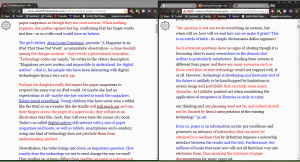
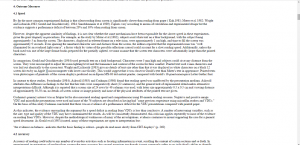
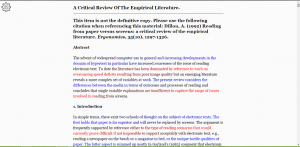
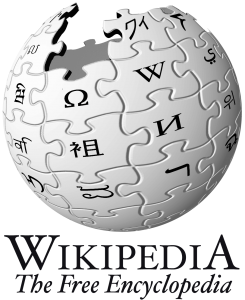
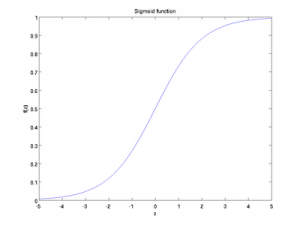
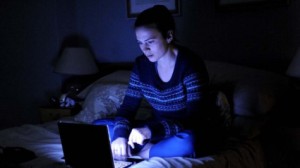 summary: “Suspenseful satire with a techno-paranoia bent, the ‘Black Mirror’ is all about personal technology.” Even cooler! I watched the 6-episode series in a day. The irony of being hooked to my laptop watching a series about our future damnation due to technology was almost unbearable, but log onto Netflix and I bet you’ll do the same. I found these futuristic societies simultaneously familiar and foreign. Each episode, in some way or another, revolved around a screen. The abilities of technology exceeded our own, but the interaction of people with their devices was no different than the typical individual with an iPhone.
summary: “Suspenseful satire with a techno-paranoia bent, the ‘Black Mirror’ is all about personal technology.” Even cooler! I watched the 6-episode series in a day. The irony of being hooked to my laptop watching a series about our future damnation due to technology was almost unbearable, but log onto Netflix and I bet you’ll do the same. I found these futuristic societies simultaneously familiar and foreign. Each episode, in some way or another, revolved around a screen. The abilities of technology exceeded our own, but the interaction of people with their devices was no different than the typical individual with an iPhone.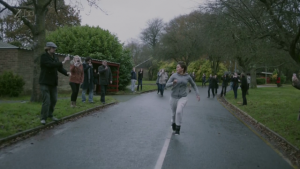 prior to watching, I would’ve guessed hackers or a virus. Something regarding information or money, maybe. This episode explores humiliation and a life-or-death kidnapping situation as a method of promoting cyber terrorism. Technology is a weapon in the digital age and we need to be aware of the danger that lies in the internet’s anonymity. “Be Right Back” seems more futuristic than the previous episode. The young couple featured regularly use social media, as many people do today. The information they shared via social networks is able to help recreate the husband after his death by reading through old messages, learning how he types, and automating a response. To me, the eeriest aspect of this episode was not the life-like robot, but that programs like this seem feasible in the future. Sending automated messages is already possible, tailoring content from existing users doesn’t seem to be too much of a stretch in the near future. What I find to be to most intense episode, “White Bear” shows how
prior to watching, I would’ve guessed hackers or a virus. Something regarding information or money, maybe. This episode explores humiliation and a life-or-death kidnapping situation as a method of promoting cyber terrorism. Technology is a weapon in the digital age and we need to be aware of the danger that lies in the internet’s anonymity. “Be Right Back” seems more futuristic than the previous episode. The young couple featured regularly use social media, as many people do today. The information they shared via social networks is able to help recreate the husband after his death by reading through old messages, learning how he types, and automating a response. To me, the eeriest aspect of this episode was not the life-like robot, but that programs like this seem feasible in the future. Sending automated messages is already possible, tailoring content from existing users doesn’t seem to be too much of a stretch in the near future. What I find to be to most intense episode, “White Bear” shows how 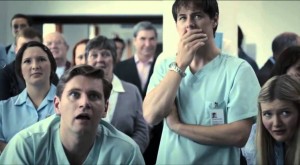 technology inhibits us from being helpful, and actively illustrates technology users as useless, mindless zombies. I don’t want to spoil any of the episodes, but if you choose to watch them, you’ll see! I find social media and technology today helpful, but often see instances where it can become a crutch for actual interactions or weaken our abilities. Would cyberbullying, isolation, increased aggression/violence or decreased sense of boundaries/social skills could make a compelling episode of Black Mirror? Yes, probably. And they’re all effects technology has on us today.
technology inhibits us from being helpful, and actively illustrates technology users as useless, mindless zombies. I don’t want to spoil any of the episodes, but if you choose to watch them, you’ll see! I find social media and technology today helpful, but often see instances where it can become a crutch for actual interactions or weaken our abilities. Would cyberbullying, isolation, increased aggression/violence or decreased sense of boundaries/social skills could make a compelling episode of Black Mirror? Yes, probably. And they’re all effects technology has on us today.

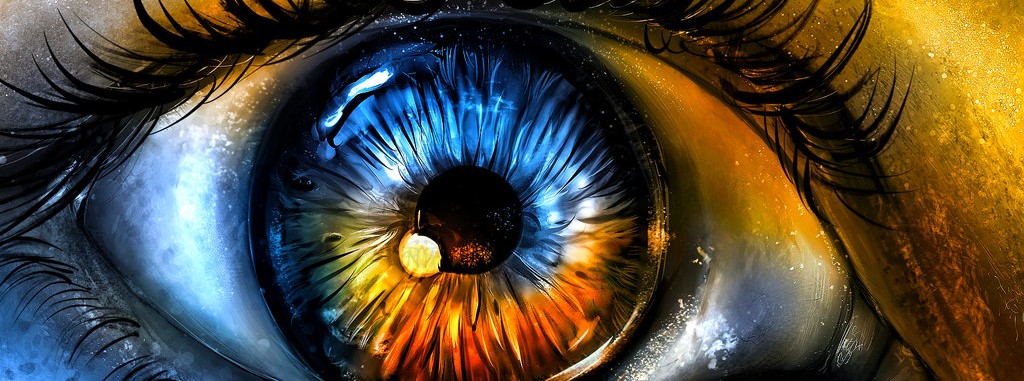


 frequenting Facebook in their spare time, checking their notifications and seeing what their friends are up to.
frequenting Facebook in their spare time, checking their notifications and seeing what their friends are up to.